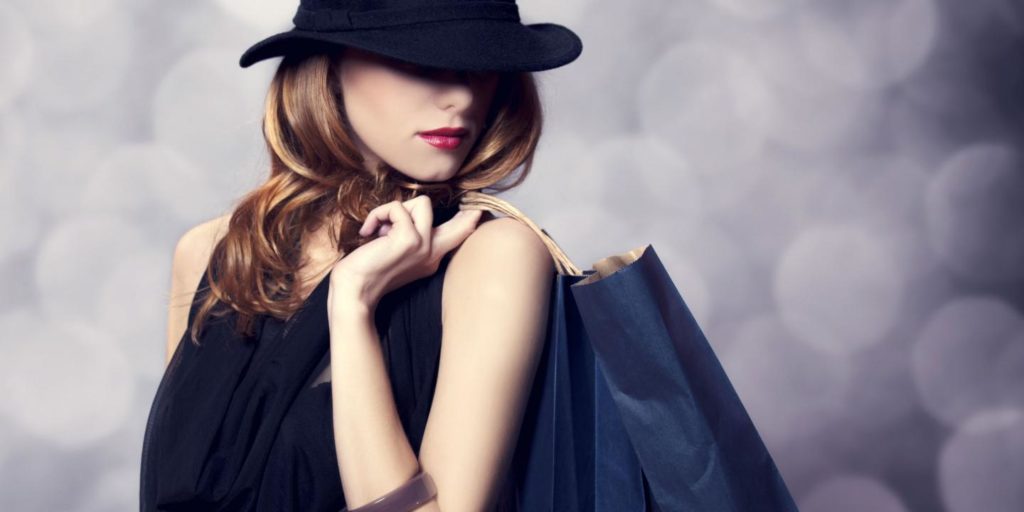
The luxury industry and licensing industry go hand in hand always. The licensing activities done by the brand makes it the major income source and thereby balances the economy. Some brands may be totally against licensing and develop the product themselves. For years, many brands did not get into licensing but now slowly they are indulging into it for better business.
Despite an almost systematic use by luxury brands, licensing is generally downgraded. Some specialists consider that licensing prevents the development of a coherent brand image, although this problem does not result from licensing itself but from poor management and poor control of the licenses.
In fact, Licensing is the best way for a brand to develop its activities in a field that is different from its core business. We tell you about 5 luxury brands which developed with licensing:
- Joop!
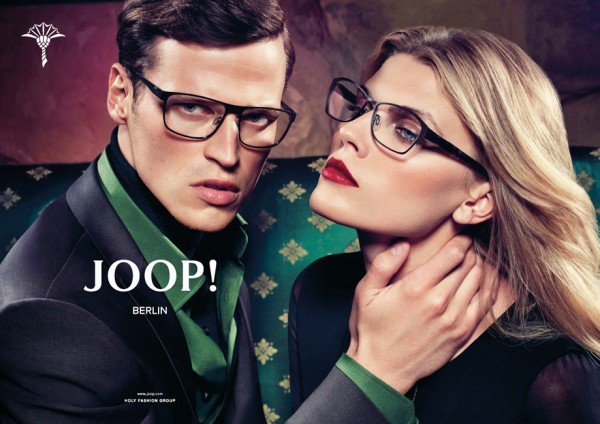
Joop! – This German luxury brand by fashion designer Wolfgang Joop was founded in 1986. Joop worked as a coordinated setup of independent licensees—ladies’ ready-to-wear, perfumes, shoes, leather goods, underwear, and many others. Although the company is notable for its fragrance line, it was very successful in clothing and cosmetics with the help of successful licensing programs.
- Calvin Klein
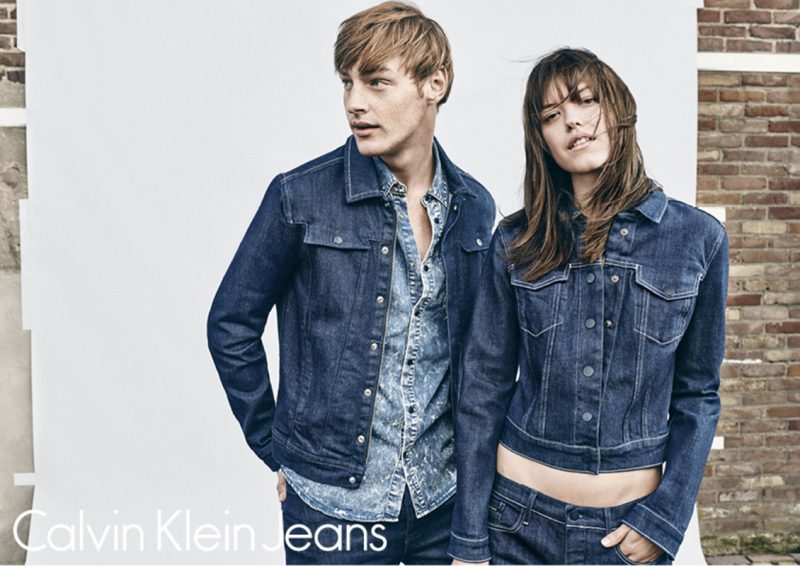
From its men’s briefs to its haute couture, Calvin Klein is known for clothing, as well as fragrances and accessories that are all about attitude. Starting in 2003, the brand belongs to the firm Phillips–Van Heusen. With the help of licensees like Warnco, Coty, G-iii Apparel group and many others they rose to success. Albeit of such success, Calvin Klein also sheds us light of the downside of licensing as the brand name was diluted by unauthorized merchandise too.
- Hugo Boss
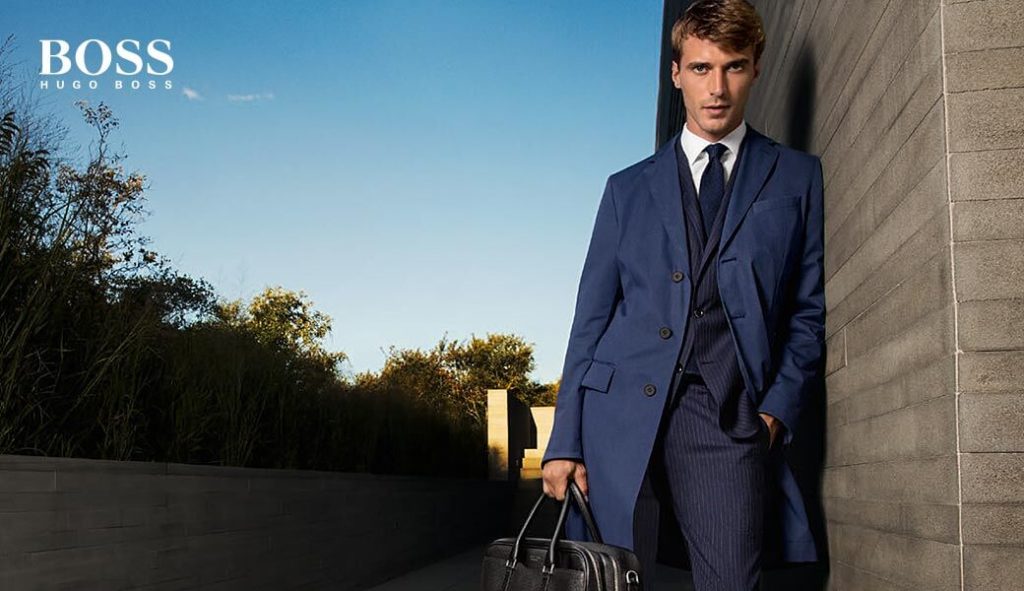
Hugo Boss, unlike Joop or Calvin Klein, is not an exclusive license brand, but has developed a network including many license deals. Hugo Boss works with very strong licensees, like Procter & Gamble, for perfume, Movado for watches, and Safilo for optical frames. They have also developed deals for mobile phones and jewelry. Although the brand is not solely into licensing, it helped develop brand awareness and visibility through it.
- Chanel
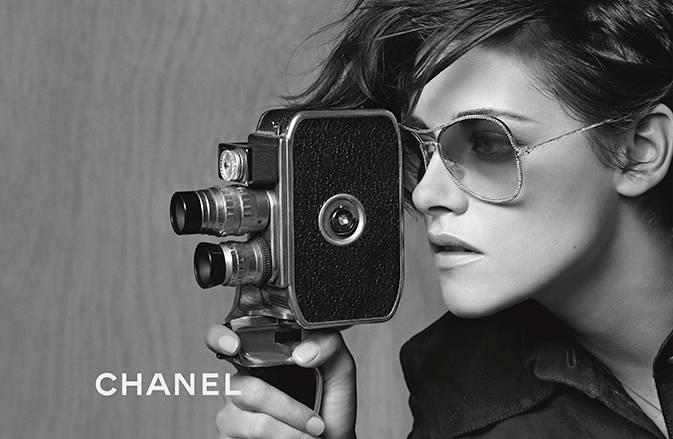
Chanel is one of the world’s least exploited luxury designer labels. The Wertheimers, the family that owns Chanel, believe that by protecting the exclusivity of the name, they preserve the longevity of the brand. The Wertheimers gained a foothold in Chanel in 1924, when they entered into a licensing agreement with Coco Chanel and a large retailer for a majority stake in Les Parfums Chanel. Chanel had created the perfume with a chemist and was producing it in limited quantities and was not able to get the economies of scale necessary to produce enough for the rising demand and later with licensing it grew to what it is known today.
- Balmain
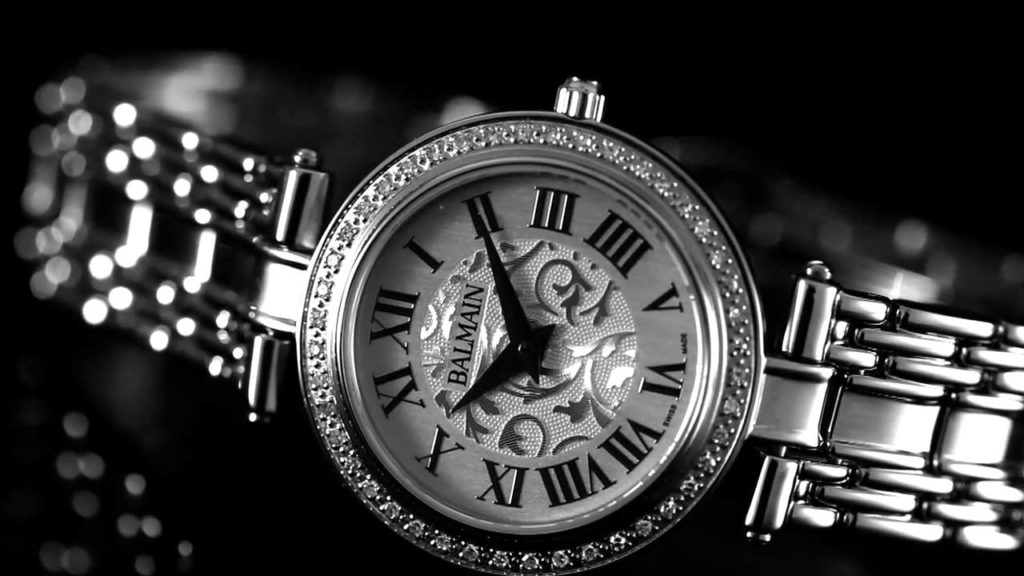
From 1987 to 1995, Balmain watches were manufactured under exclusive license by the Swatch Group, which supplied its immense expertise and state-of-the-art watchmaking technology to the brand and the Parisian fashion house founded in 1945 by fashion designer Pierre Balmain. In December 1995, the Swatch Group acquired the exclusive rights to manufacture, market and distribute the brand’s watches throughout the entire world. Balmain gets more than 50% of their incomes from licensing and if they stop it they would go bankrupt.


